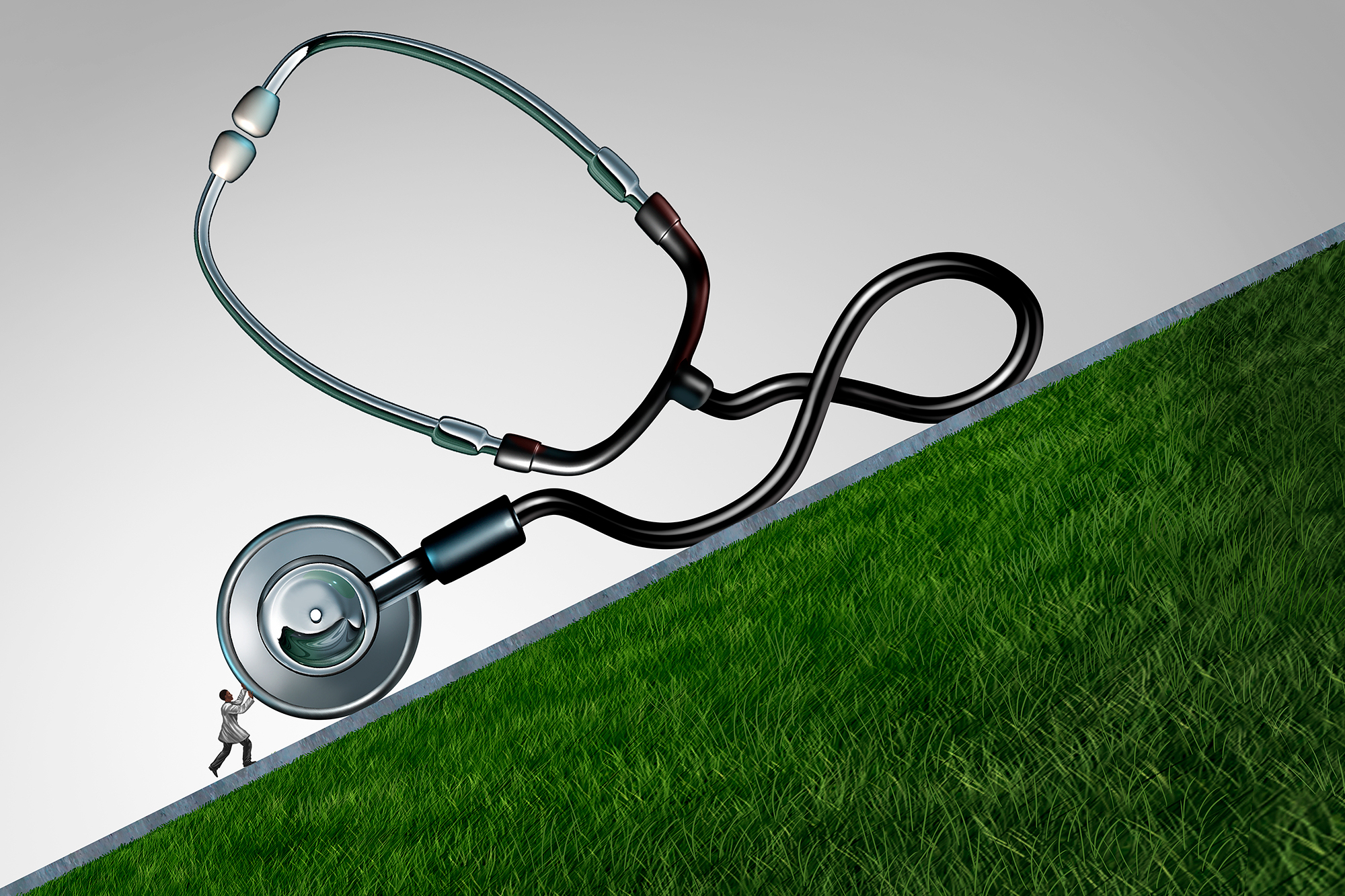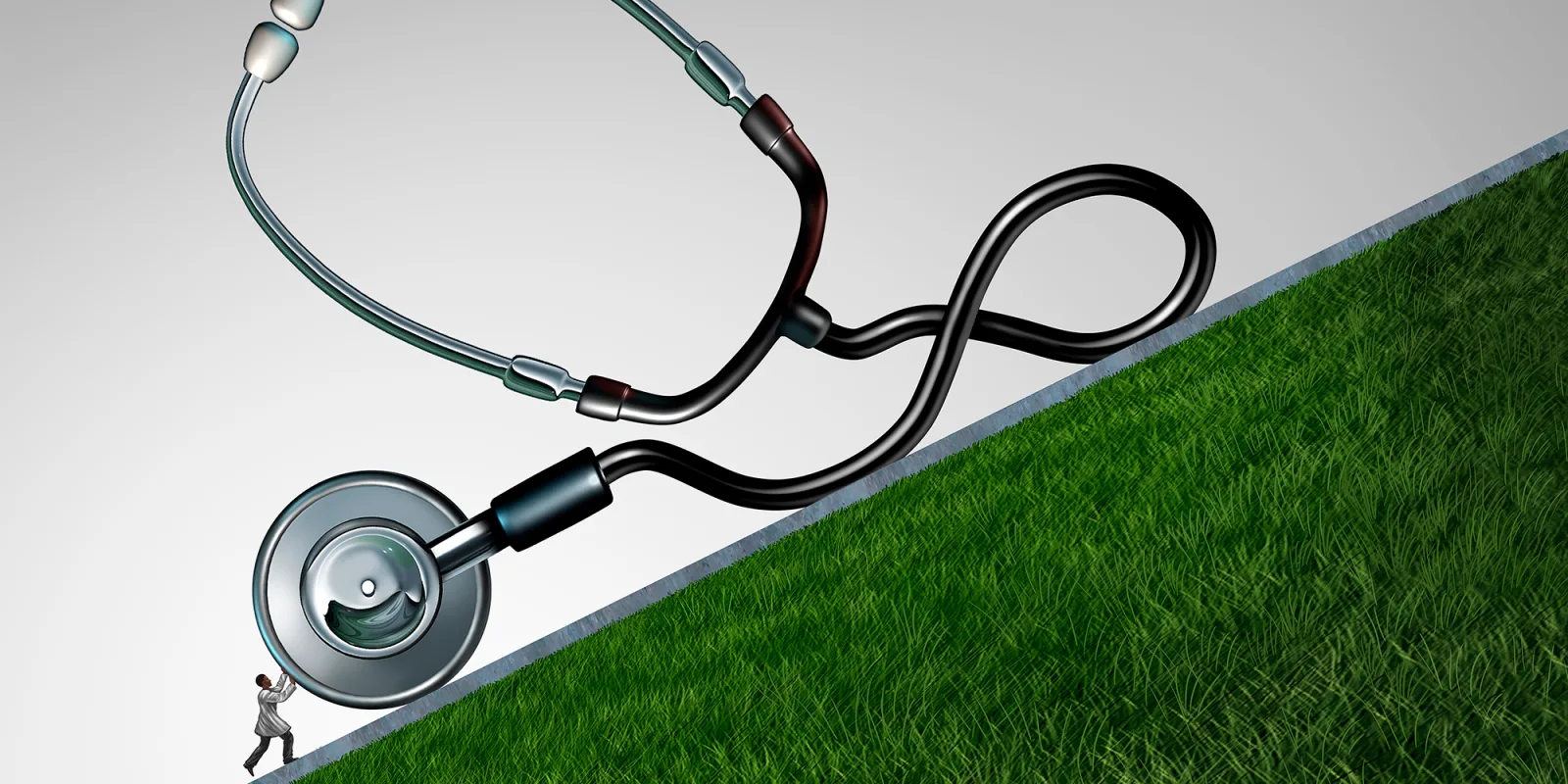 I was one of those people, and still am, who always knew that I wanted to be a physician.
I was one of those people, and still am, who always knew that I wanted to be a physician.
I jumped through all the hoops — undergraduate courses, MCATs, medical school, residency — to finally become a practicing physician, working at a family medicine clinic, in a hospital, and with low-risk obstetrics. Four months after completing residency, I found myself burned out.
My being meticulous and thorough, my ability to keep up with time pressures — the conveyor belt of patients in a fee-for-service system, — and the lack of compensation for administration work in all three different clinical settings led to my burnout. I backed off a bit, realizing that two clinical settings was more realistic. I let go of hospital medicine and kept the family medicine clinic and obstetrics work. I also locumed, which provided great work flexibility as I started a family.
All was great until my inclination to do more led me to create an online startup that directly connects job-seeking physicians and medical facilities. This project grew and took on a life of its own. And I found myself juggling motherhood, my medical career, and my role as CEO of a startup (which had its own steep learning curve). In addition, I also became involved in setting up a local newcomer’s clinic.
I sunk back into burnout as each of these roles pulled me in different directions and left me with no time for myself.
I see a lot of online discussion among burnt-out physicians looking for side gigs outside of medicine as a way to escape burnout. And I started contemplating as to why I seem predisposed to burnout no matter what I work on, medical or not. The following general themes came to mind:
- Perfectionism kills physicians. I want to be everything to my patients, handle every issue that day, which leads to emotional exhaustion after 25 patients. A happy medium likely exists.
- Juggling more than two roles can lead to burnout. If my responsibilities are to be a mother and a locum physician, that's fine. But adding the role of CEO of a startup causes the tower of resilience to tip over.
- The bystander effect does not apply to most physicians. It’s in our nature to take on responsibility and attempt to create a corrective source of action when we see an issue. This is a great quality, but when taking on one too many commitments, that fine balance tips again.
Although it is a struggle for me to practice what I preach, I have learned a few strategies to reduce my own burnout — and I’m slowly learning to follow through.
- Don’t overextend yourself. Choose no more than two related professional settings to be involved in. I struggle with this one as I am currently involved in four different settings.
- Do a great job with patient care, but realize that the difference between your 100% and 110% to your patient is minuscule, whereas that could save you a lot of personal emotional and mental energy.
- Exercise, sleep, and eat well. I had a vasovagal reaction the other day while performing a surgical assist that required me to stand for two hours. I had rushed in that morning after I breastfed with no breakfast or fluids on board. What was I thinking?
- Live in the moment. Don’t delay spending time with your kids for another stage in your life when you’re more free — it will never come. Quality time matters more than quantity, so take that quality time each day to be present with your family.
If anyone has any tips/advice to share, please comment below!
Dr. Haneen Abu-Remaileh is a family and maternity care locum tenens physician and Founder of www.Locumunity.com. She is constantly between Vancouver and Seattle.
Image by Lightspring / Shutterstock







